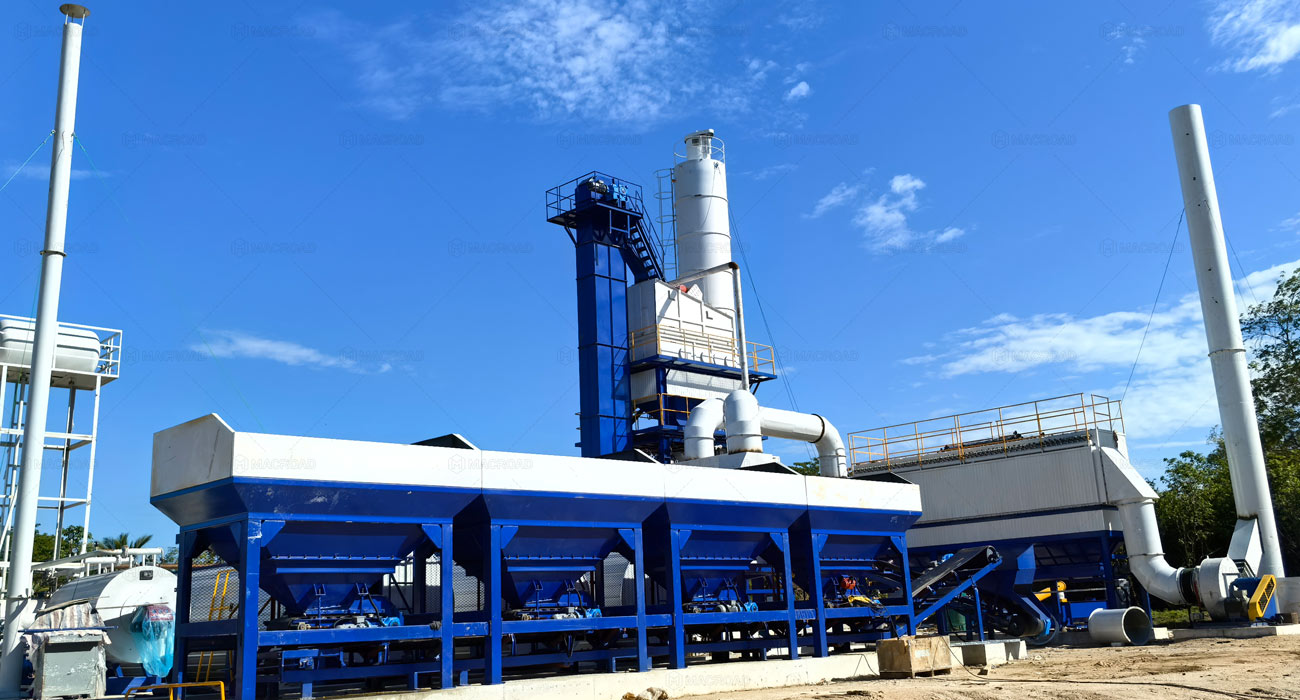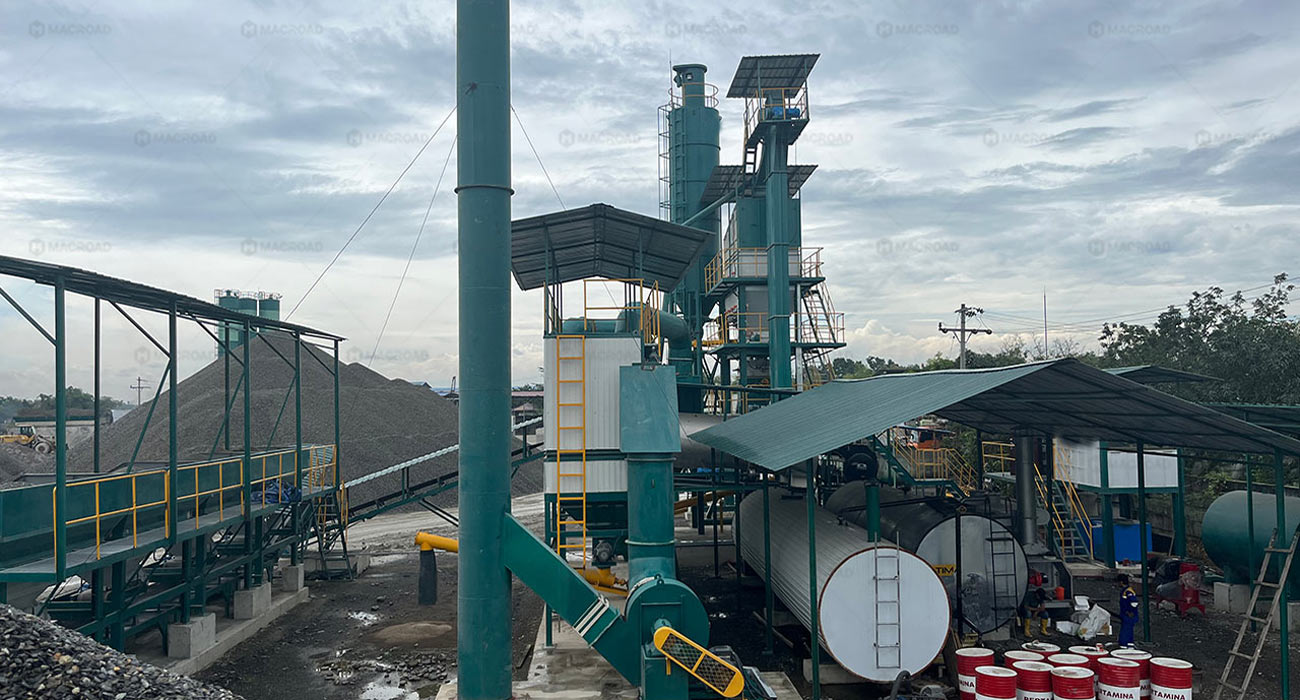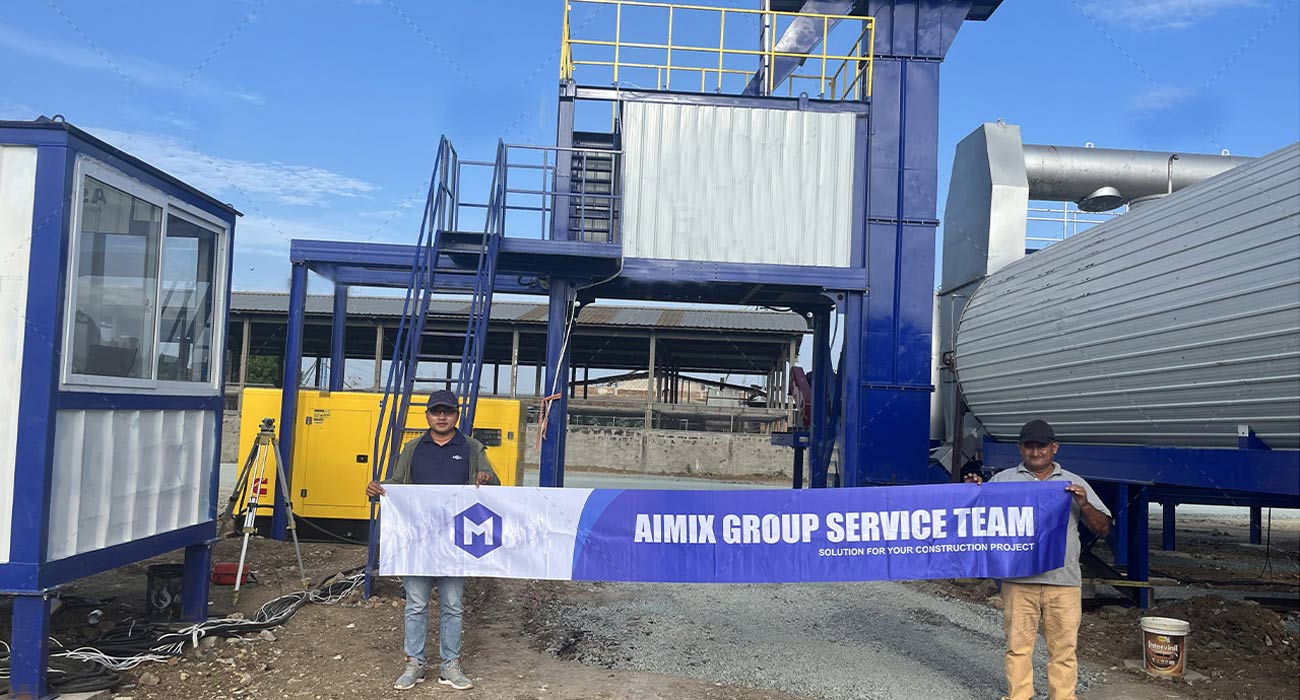Asphalt mixing plants equipped with artificial intelligence (AI) are transforming the landscape of asphalt production. By integrating AI technologies, these plants enable enhanced efficiency, improved quality, and better decision-making processes. This article explores the various production management advantages that customers can gain from utilizing AI-driven asphalt mixing plants, focusing on user-centric benefits that directly impact operations and outcomes.

Enhanced Efficiency and Automation
One of the primary advantages of using AI in asphalt mixing plants is the significant enhancement in efficiency. AI systems can analyze vast amounts of data in real time, allowing for precise control over the production process. For instance, in an asphalt hot mix plant, AI algorithms can optimize the mixing ratios and monitor equipment performance, ensuring that the production runs smoothly and consistently.

This level of automation reduces the need for manual intervention, minimizing human error and streamlining operations. For construction teams, this means faster turnaround times and the ability to meet tight project deadlines. Additionally, AI systems can predict maintenance needs, allowing operators to perform proactive maintenance on equipment such as asphalt recycling plants. This predictive capability reduces downtime and keeps the production line moving efficiently.
Improved Quality Control
Quality control is another critical area where AI-equipped asphalt mixing plants excel. AI technologies can continuously monitor the quality of the asphalt being produced, analyzing factors such as temperature, viscosity, and material composition. This real-time monitoring ensures that any deviations from quality standards are immediately detected and corrected.
For customers, the benefits of improved quality control are substantial. Higher quality asphalt leads to longer-lasting road surfaces and reduced maintenance costs over time. Moreover, consistent quality helps construction firms build a stronger reputation, which is crucial in a competitive market. By relying on an advanced asphalt plant supplier, like Macroad that incorporates AI technology, customers can ensure they receive a product that meets the highest standards.

Data-Driven Decision Making
AI integration also facilitates data-driven decision-making processes. With comprehensive data collection and analysis capabilities, asphalt mixing plants can provide valuable insights into production performance and operational efficiency. For example, AI systems can track historical performance metrics, enabling operators to identify trends and make informed adjustments to improve productivity.
This data-driven approach empowers construction managers to allocate resources more effectively and optimize production schedules. In scenarios such as municipal roads construction, where timing and efficiency are crucial, having access to real-time data allows teams to make swift decisions that positively impact project timelines and budgets.
Furthermore, the ability to analyze data helps identify areas for improvement, fostering a culture of continuous enhancement within the organization. As a result, companies can adapt to changing market demands and achieve better overall performance.
Conclusion
The integration of artificial intelligence in asphalt mixing plants presents numerous production management advantages for customers. Enhanced efficiency through automation, improved quality control, and data-driven decision-making service are key benefits that directly impact operational success. As the construction industry continues to evolve, embracing AI technology in asphalt production is essential for companies aiming to stay competitive and deliver high-quality results. By investing in advanced asphalt mixing solutions, construction firms can not only enhance their productivity but also ensure long-term sustainability in their operations.